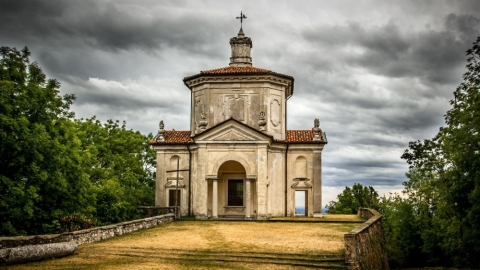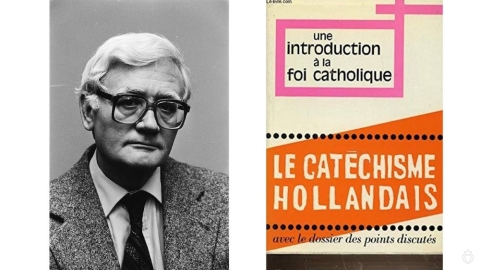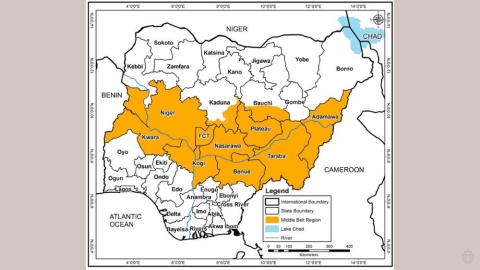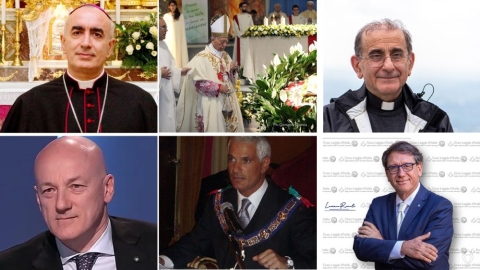Press Review: The Endless Repercussions of Fiducia Supplicans (5)
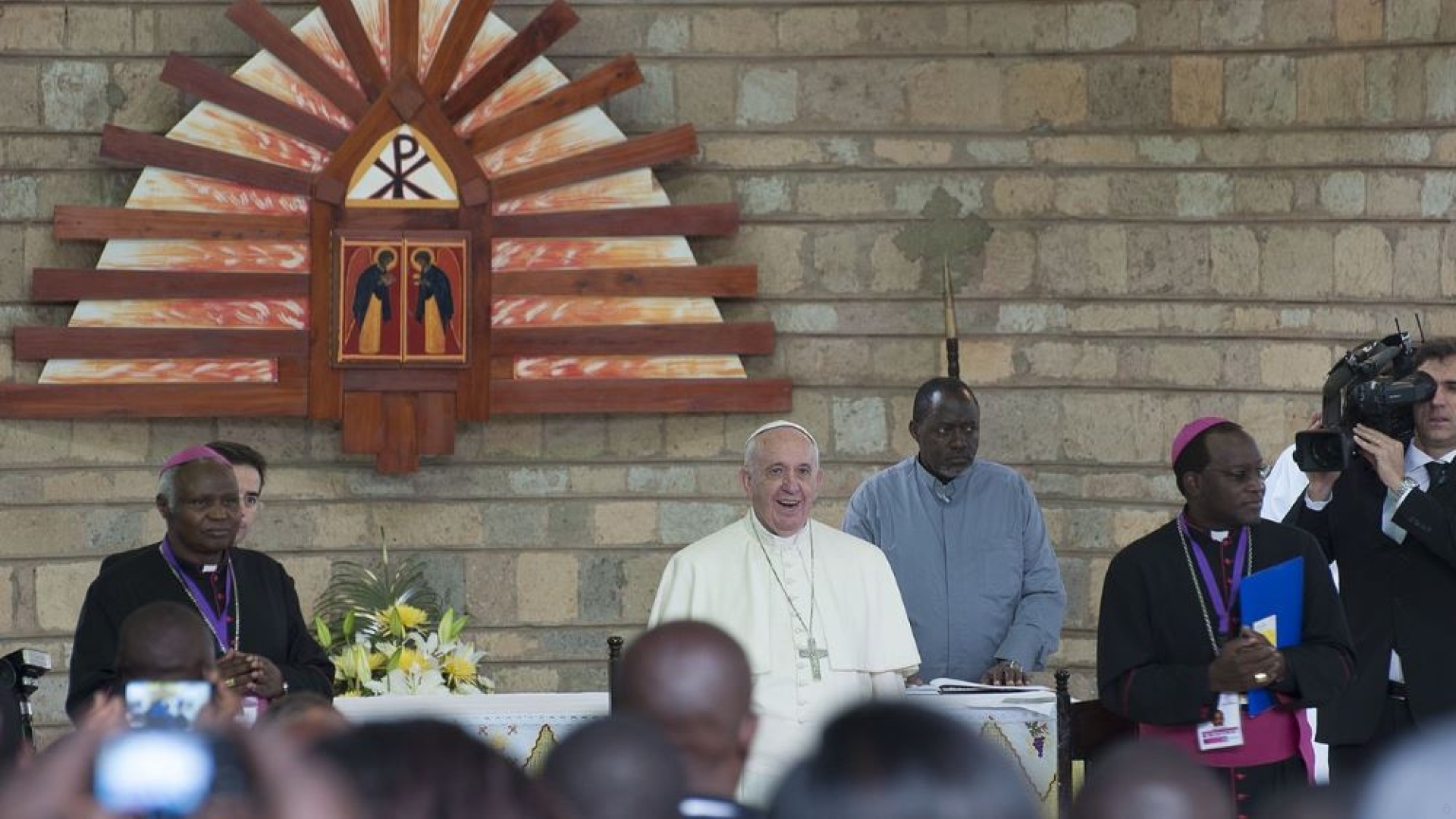
Pope Francis in Kenya in 2016
The great opposition provoked around the world by the publication of Fiducia supplicans has not prevented Pope Francis from obstinately defending this document which authorizes the blessing of couples not religiously married or of the same sex.
Francis and the Africans
This condescending attitude regarding Africa is also that of Francis, despite his declarations of sympathy for the “peripheries” of the Church. Stefano Fontana, in La Nuova Bussola Quotidiana on January 31, wrote: “For the Church in Africa, the Pope now allows an exemption, not for a doctrinal reason, but for a cultural one: they would have had a culture which considers homosexuality as an unacceptable evil.”
He asks: “do the other episcopal conferences therefore have better cultures because they can apply Fiducia supplicans? An assertion which--it must be recognized at this stage--requires cultures that do not consider homosexuality evil. That is to say, cultures which are not rooted in the natural moral law.”
And he comments, quite rightly: “This exemption certainly cannot be motivated by doctrine, because the Declaration Fiducia supplicans itself says that it does not have this doctrinal dimension, hence the clinging to cultural motivation. But in doing so, African culture is presented as backward and in need of change. It is considered incapable of accepting the invitation of Cardinal Fernández [to bless same-sex couples] and, consequently, it is for the moment tolerated, but certainly judged inadequate.”
The Italian journalist raises the essential questions, “Is or isn’t the position of the African episcopates on homosexuality in conformity with doctrine, tradition, and the Magisterium, but also with the natural law and the natural moral law? Are there truths in this culture? Or is it simply a conventional culture, deprived of real foundations, relative to a certain historic and environmental context? [...]
“And if, in addition, the African culture, on the point in question, expresses requirements of natural morality, what need has it for dispensations, since natural law is fully accepted and perfected by Revelation and the life of grace?”
On the blog La Testa del Serpente on January 30, Miguel Cuartero Samperi questions the intention of the current Roman authorities when they publish a declaration as heterodox as Fiducia supplicans: “Certainly, to the understanding of African Catholics (laity, priests, and bishops), it is not Africa which is breaking unity but rather Rome, which, with its spasmodic search for dialogue, risks forgetting what it has preached for centuries.
“It is indeed surprising that in this exhausting and tedious debate, not a word had been used to clearly remind us why the Church cannot recognize and bless a homosexual union or a union outside of marriage. In other words, no opportunity has been seized to explain why homosexuality is considered by the Church to be something ‘ugly’ and contrary to God’s plan for man (as the Africans quite rightly do).
“Perhaps it is because the primary intention [of the current Roman authorities] is to reconcile with an atheist and apostate society, and recalling the plan of God for family and sexuality risks having the opposite effect? Unfortunately [for them] it is not by offering a mini-blessing (minimal in its duration and in its liturgical significance) that the parishes will fill up again with faithful, nor by a wink at the world that we will win it again for Christ.
“On the contrary, there is a risk of discouraging those who still seek in the Church a word of truth, freed from the influence of cultures which consider the Christian proposition as something ‘ugly.’”
(Sources : La Nuova Bussola Quotidiana/La Testa del Serpente/Dici n°441 – FSSPX.Actualités)
Illustration : Trocaire, CC BY 2.0, via Wikimedia Commons

